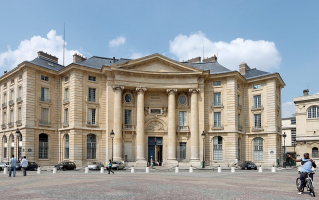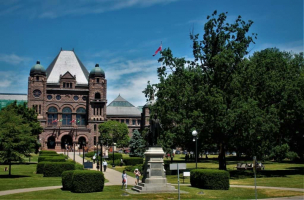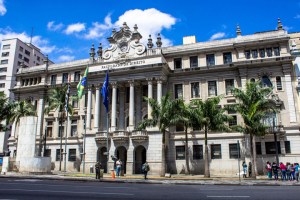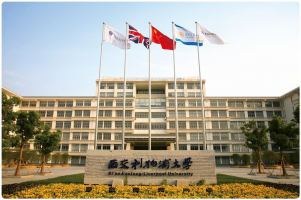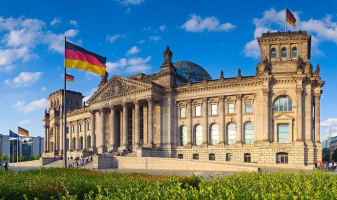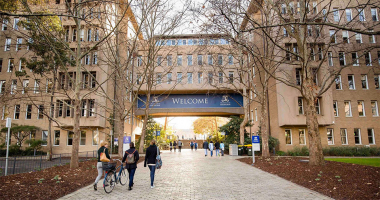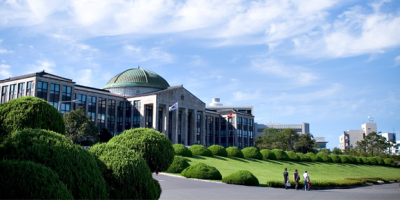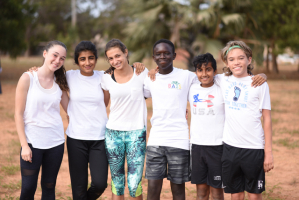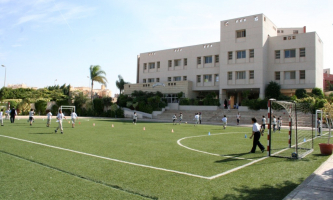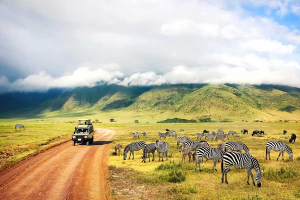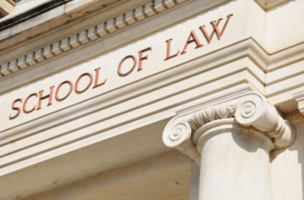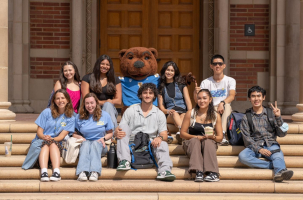Top 10 Best Global Universities in Africa
If you decide to study in Africa, you’ll find plenty of opportunities to explore different cultures, landscapes, sights, and general adventures in this huge ... read more...and diverse continent. The education system of Africa has become one of the best education in the world. Let's have a look at the top best global universities in Africa. These universities in South Africa have been numerically ranked based on their positions in the overall Best Global Universities rankings. Schools were evaluated based on their research performance and their ratings by members of the academic community around the world and within Africa.
-
The University of Cape Town is a public research university in Cape Town, South Africa's Western Cape province. UCT was founded in 1829 as the South African College, making it South Africa's oldest higher education institute. It is the oldest extant university in Sub-Saharan Africa, having received full university status on the same day in 1918 as Stellenbosch University.
The University of Cape Town attracts a large number of international students from 100 countries around the world as the best university in South Africa for international students. It is a leading research university that is critical for the nation's development because it aims to share knowledge that can benefit South African society.
It has six faculties and offers degrees in a variety of fields, including commerce, humanities, law, science, health sciences, and engineering. The University of Cape Town is committed to developing its students' leadership skills outside of the classroom by inviting them to participate in a variety of projects. There are also more than 100 clubs and 40 sports teams. If you visit their website, you’ll find a section that is exclusive to international students. There they explain the application process and the requirements. Besides bachelor and postgraduate programs, they also offer short academic programs. All the programs are taught in English. They also have a university residence, but it only has 6,000 spots available, so demand is high.Website: https://www.uct.ac.za
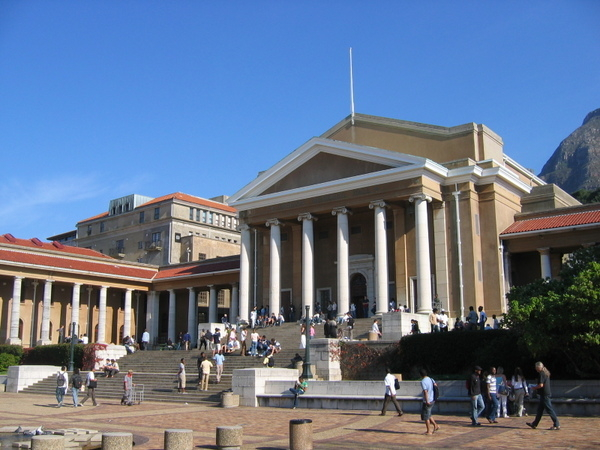
University of Cape Town 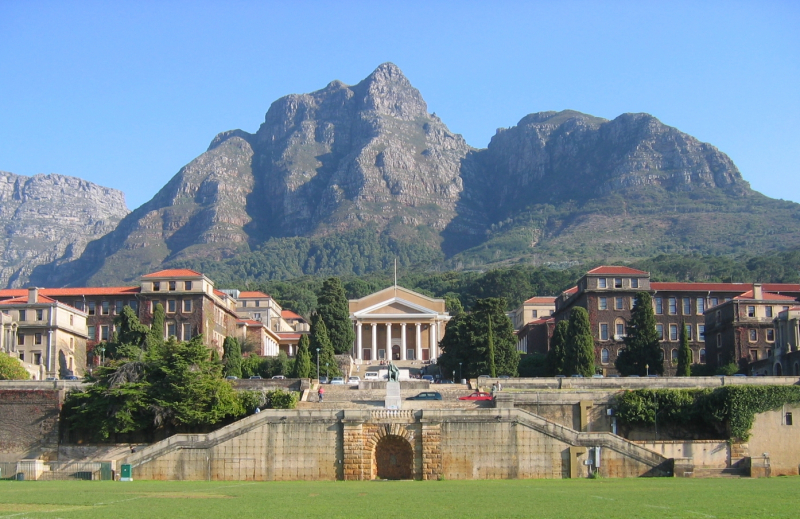
University of Cape Town -
The University of the Witwatersrand is a multi-campus South African public research university located in central Johannesburg's northern outskirts. It is the third oldest South African university in continuous operation, having been founded in 1896 as the South African School of Mines in Kimberley.
The University of Witwatersrand is one of South Africa's largest, with nearly 28,000 students enrolled. The University of Witwatersrand played an important role in the country's societal development because it was the first to prohibit racial discrimination. Its location makes it ideal for close collaboration with other African and global universities. It is made up of five faculties. Nelson Mandela, the most popular South African of all time and former president, is a law student at the university.
Commerce, Law, and Management; Engineering and the Built Environment; Health Sciences; Humanities; and Science are the five faculties at the university. Currently, this Faculty offers undergraduate and postgraduate degrees in accounting, economics, management, and law. The faculty is based in the Commerce, Law, and Management Building on West Campus and participates in the WitsPlus program, a part-time program for students.
Website: https://www.wits.ac.za
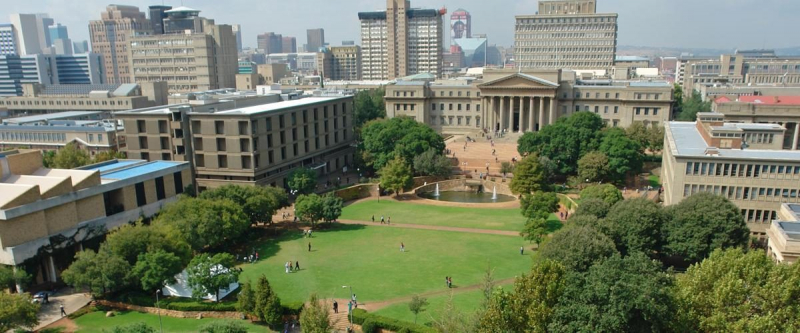
University of the Witwatersrand 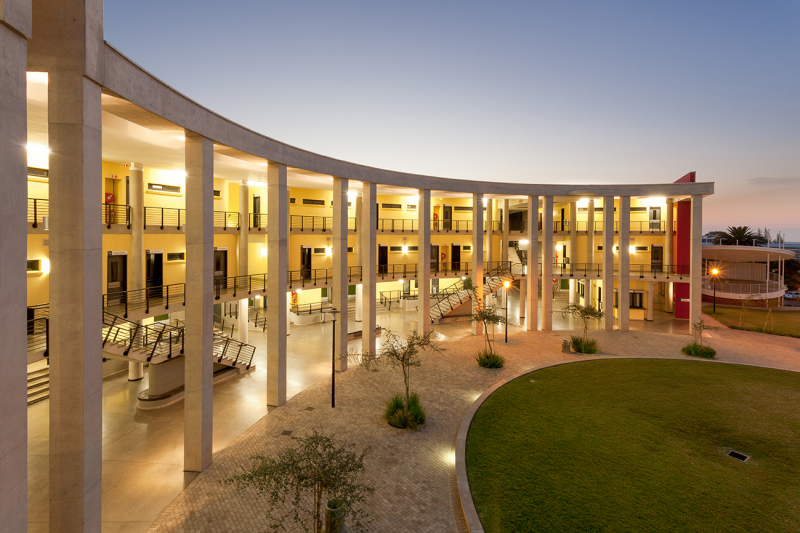
University of the Witwatersrand -
Stellenbosch University is a public research university in Stellenbosch, a town in South Africa's Western Cape province. Together with the University of Cape Town, which received full university status on the same day in 1918, Stellenbosch is the oldest university in South Africa and the oldest extant university in Sub-Saharan Africa. Stellenbosch University was the first African university to sign the Berlin Declaration on Open Access to Scientific and Humanities Knowledge.
Today, the university's Language Policy encourages multilingualism as a means of improving equity of access for all students and staff. Afrikaans, English, and Xhosa are used in academic, administrative, professional, and social contexts, and Afrikaans and English classes are available. Students are permitted to write assignments, tests, and examinations in either English or Afrikaans. The language of instruction varies according to the faculty. Because the Faculty of Arts is 40 percent English, courses are taught bilingually, and the language of most handouts or prescribed material is chosen by the student.
Website: https://www.sun.ac.za
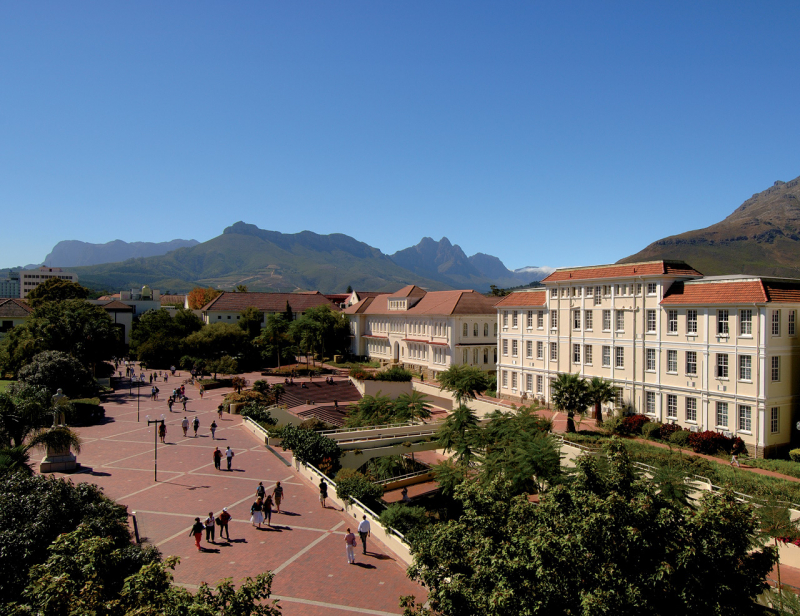
Stellenbosch University 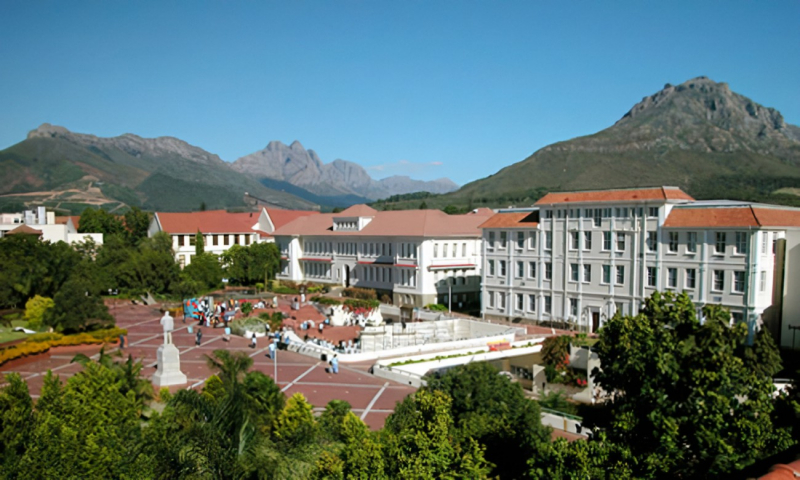
Stellenbosch University -
The University of KwaZulu-Natal (UKZN) is a South African university with five campuses in the province of KwaZulu-Natal. The University of Natal and the University of Durban-Westville merged to form it on January 1, 2004. The university is comprised of four colleges, each of which is comprised of several schools. A subdivision is typically spread across one or more of the university's campuses. Chemistry, for example, is available on both the Pietermaritzburg and Westville campuses.
The University of Kwazulu Natal was formed in 2004 by the merger of two universities and is now one of the largest in the country, with over 40.000 students enrolled. Its placement among the world's top 500 universities, as well as its close collaboration with universities in Europe and North America, make it an appealing option for both South African and international students. It is divided into five faculties, the most popular of which is the Faculty of Humanities, which enrolls more than half of the university's students. The University of KwaZulu-Natal is a large university that educates over 22,000 students. Foreign students are welcome to apply to the university. Foreign students account for 6% of all students.
Website: https://ukzn.ac.za
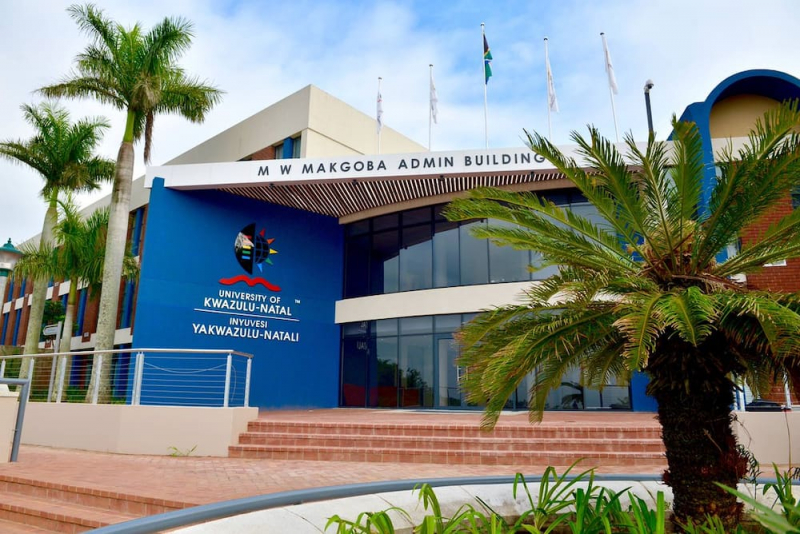
University of KwaZulu Natal 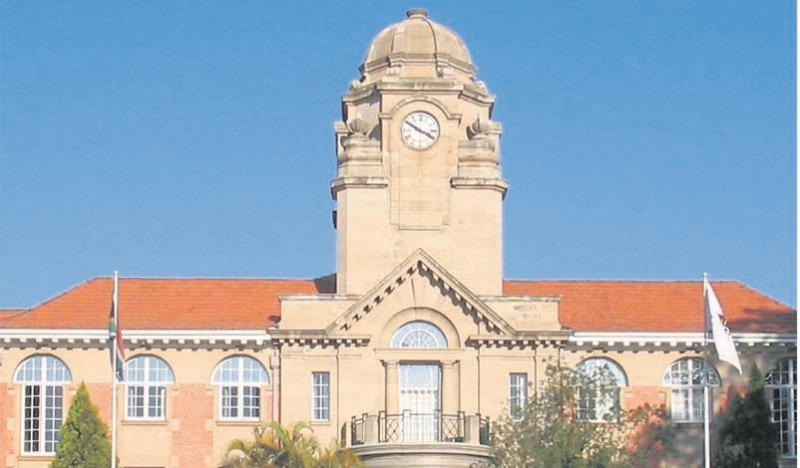
University of KwaZulu Natal -
The University of Johannesburg (UJ) is a South African public university located in Johannesburg. The University of Johannesburg was founded on January 1, 2005, as a result of a merger of the Rand Afrikaans University, the Technikon Witwatersrand, and Vista University's Soweto and East Rand campuses. Prior to the merger, the former Vista University's Daveyton and Soweto campuses were absorbed into RAU.
The University of Johannesburg is one of the city's two largest universities, as well as a top South African university for international students. It is home to over 40.000 students, resulting in a diverse mix of cultures, values, and traditions. Its academic programs are internationally recognized, and they are designed to help students find suitable employment and become valuable global citizens. The university is divided into eight faculties, one of which is the Faculty of Economics, which is home to the newly established Johannesburg Business School. From the 26 public universities that comprise South Africa's higher education system, the newly established university is one of the largest comprehensive contact universities in the country. UJ has a student body of over 50 000, with over 3000 international students from 80 countries.
Website: https://www.uj.ac.za

University of Johannesburg 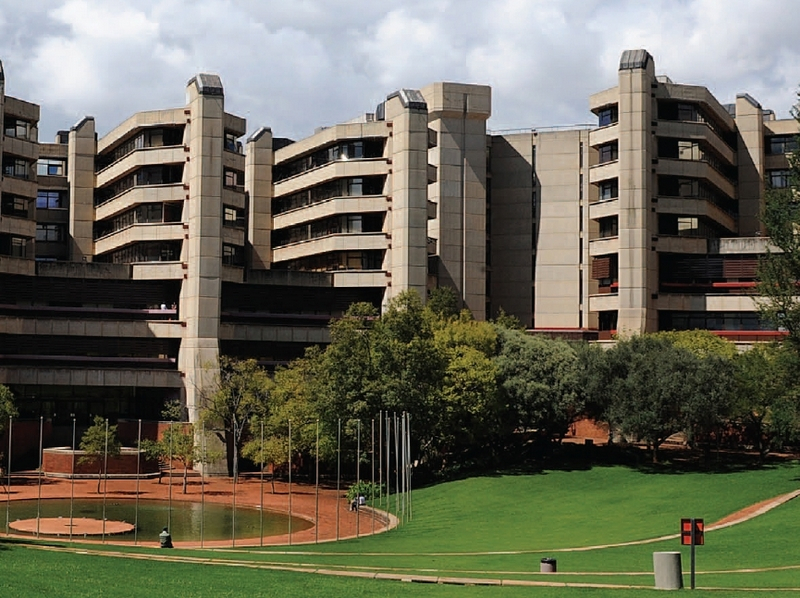
University of Johannesburg -
The University of South Africa (UNISA), also known colloquially as Unisa, is South Africa's largest university system in terms of enrollment. It attracts one-third of all African higher education students. UNISA has over 400,000 students, including international students from 130 countries, making it one of the world's mega universities and the only one in Africa. This large number of students is due to the university's distance learning program, which allows international students to easily "attend" the university. You can learn a lot more about them by visiting their website. The most notable alumnus is Nelson Mandela.
As a comprehensive university, Unisa provides both vocational and academic programs, many of which have received international accreditation, as well as a broad geographical footprint, providing students with recognition and employability in many countries around the world. Many notable South Africans have graduated from the university, including two Nobel laureates: Nelson Mandela, South Africa's first democratically elected president, and Archbishop Desmond Tutu.
Website: https://unisa.ac.za
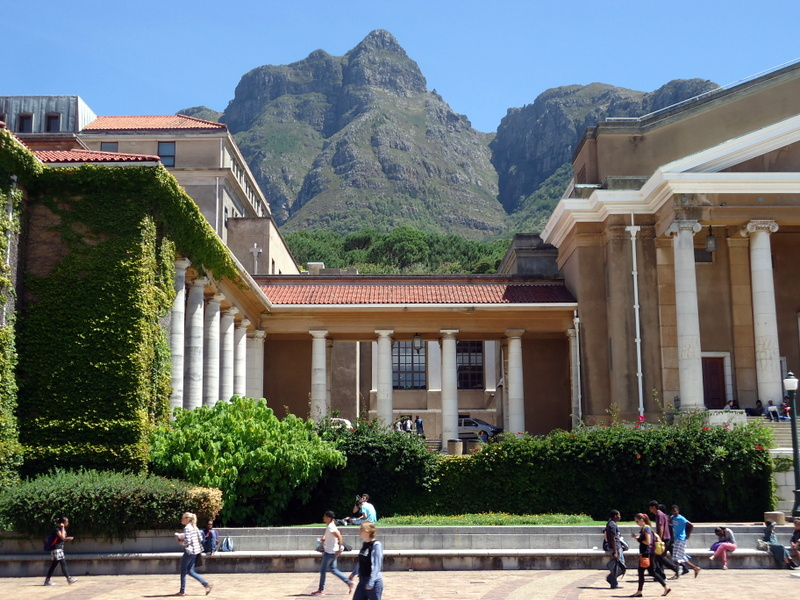
University of South Africa (UNISA) 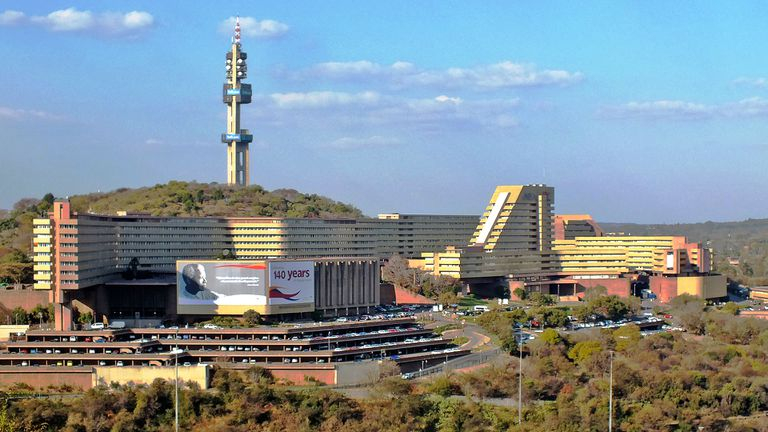
University of South Africa (UNISA) -
The University of Pretoria is a multi-campus public research university in Pretoria, South Africa's administrative and de facto capital. The university was founded in 1908 as the Pretoria campus of the Johannesburg-based Transvaal University College, and it is South Africa's fourth continuously operating institution to be granted university status.
The University of Pretoria, located in the capital city of Pretoria, is one of South Africa's leading research universities, accounting for nearly 11 percent of the country's total research output. It accepts students from all walks of life from South Africa and around the world. It is ranked in the top 2% of all universities in the world.
The University of Pretoria is one of the best universities in South Africa for international students, with 9 faculties and a business school – Gordon's Institute of Business Science – that is one of the best in Africa and one of the top 50 in the world. The university was the first to launch an MBA program outside of North America in 1949, demonstrating its commitment to progress and innovation.
Website: https://www.up.ac.za
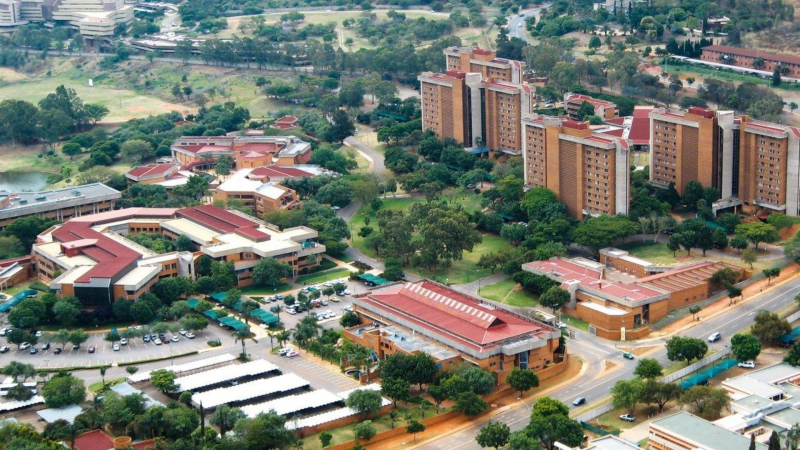
University of Pretoria 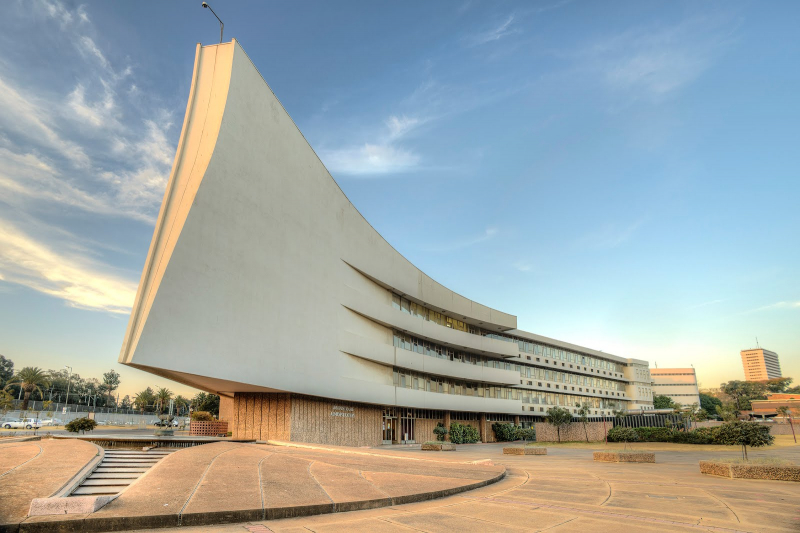
University of Pretoria -
The University of the Western Cape (UWC) is a public university in Bellville, South Africa, a suburb of Cape Town. The South African government established the university in 1960 as a university for Colored people only. Other universities in the vicinity of Cape Town include the University of Cape Town, the Cape Peninsula University of Technology, and Stellenbosch University. The Extension of University Education Act of 1959 had a direct impact on the establishment of UWC.
The University of the Western Cape is another excellent African university for international students. It played a significant role in shaping South Africa into the equal, democratic, and prosperous nation that it is today. Today, it is a multiracial mix of students who study in one of the university's five faculties, including the Faculty of Dentistry, which is one of the top dental schools on the continent.
The University of the Western Cape is a research-intensive environment. The academic staff is highly qualified, with half of the professors holding doctorates. Most departments have graduate programs, with some having the largest enrollments in the country. There are numerous institutes and centers with a strong research focus. There are also significant projects and programs that draw on expertise from multiple departments and faculties. There are also collaborations between Western Cape University and the universities of Cape Town and Stellenbosch. Postgraduates account for 20% of all students at UWC.
Website: https://www.uwc.ac.za
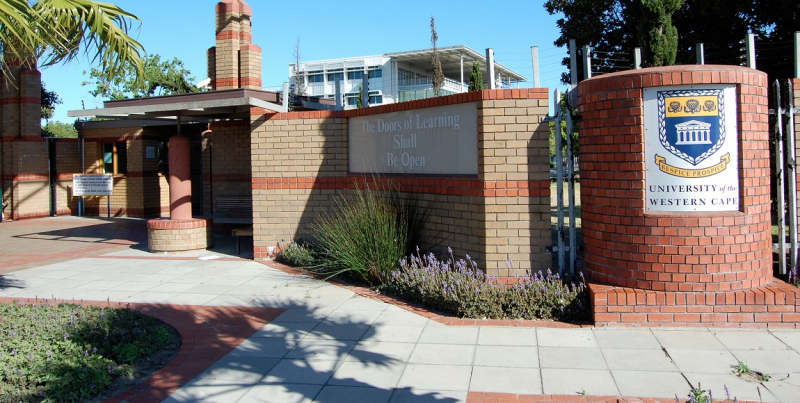
University of the Western Cape 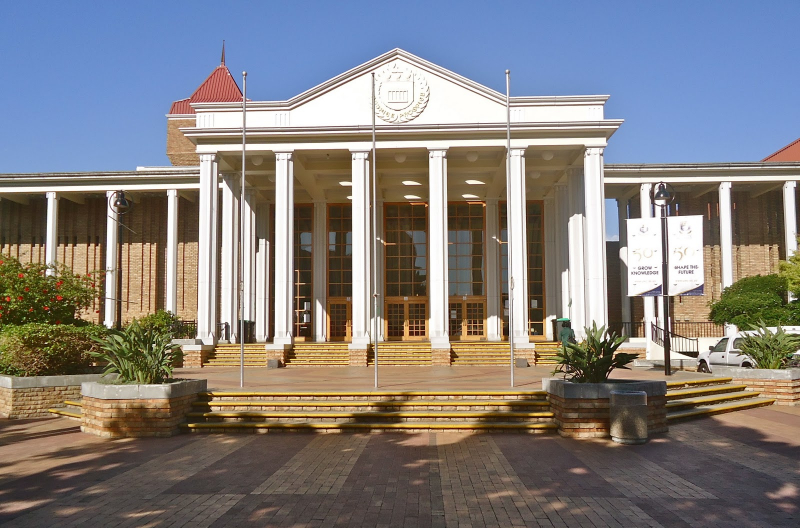
University of the Western Cape -
The North-West University (NWU) is a public research university in South Africa with campuses in Potchefstroom, Mahikeng, and Vanderbijlpark. In 2004, the Potchefstroom University for Christian Higher Education, which also had a branch in Vanderbijlpark, merged with the University of North-West (formerly the University of Bophuthatswana). With its merged status, North-West University became one of South Africa's largest universities, with the country's third-largest student population (full-time and distance education).
It is one of the leaders in distance learning in South Africa, as well as one of the largest overall, with approximately 45.000 students. The university has seven faculties, with the Faculty of Education being the most popular among students. Students from over 25 countries are currently enrolled, and the university's international offices provide excellent support. The majority of foreign undergraduates are from neighboring Botswana.
Website: https://www.nwu.ac.za
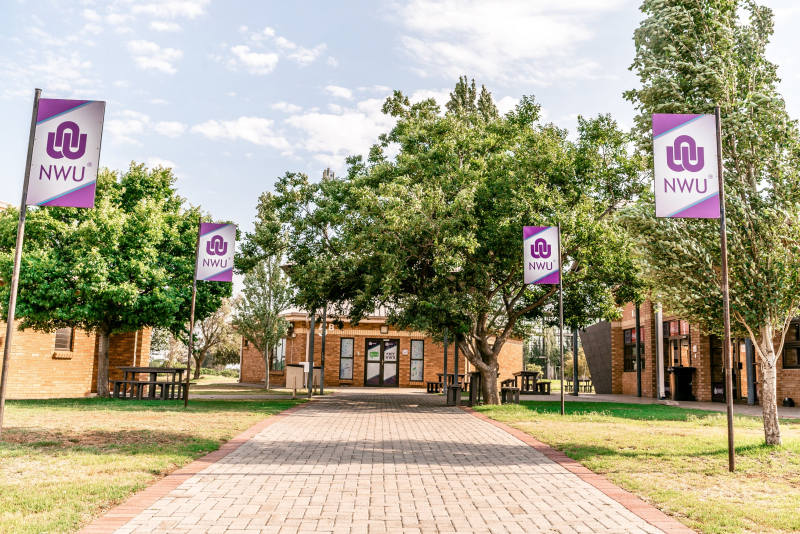
North-West University (NWU) 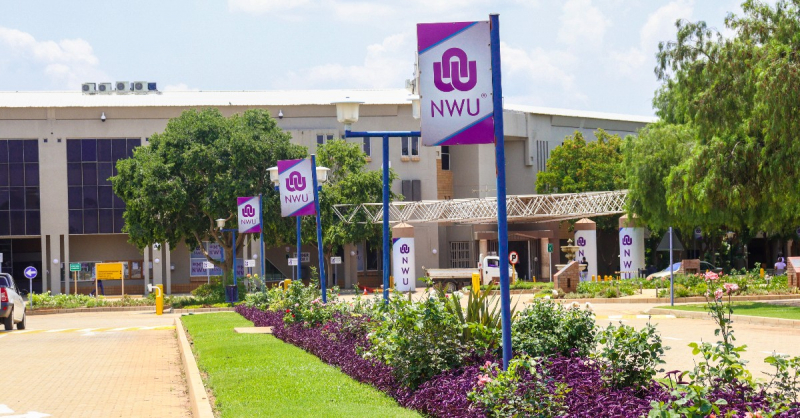
North-West University (NWU) -
Rhodes University is a public research university in Makhanda (Grahamstown), South Africa's Eastern Cape Province. It is one of the province's four universities. Rhodes University was founded in 1904 and is the sixth oldest South African university still in operation, following the University of the Free State (1904), University of Witwatersrand, University of South Africa (1873) as the University of the Cape of Good Hope, Stellenbosch University and the University of Cape Town (1829). In the 2015 academic year, the university had over 8,000 students enrolled, with just over 3,600 living in 51 residences on campus and the rest (known as Oppidans) living in digs (off-campus residences) or in their own homes in town.
Despite its small size in comparison to other higher education universities in the country, Rhodes University has the highest research output per staff member. It is a very international university, with one-fifth of its students coming from countries other than South Africa. They can study in one of the university's six faculties and have access to a large number of academics, as this university has the highest academic-student ratio in the country.
Website: https://www.ru.ac.za
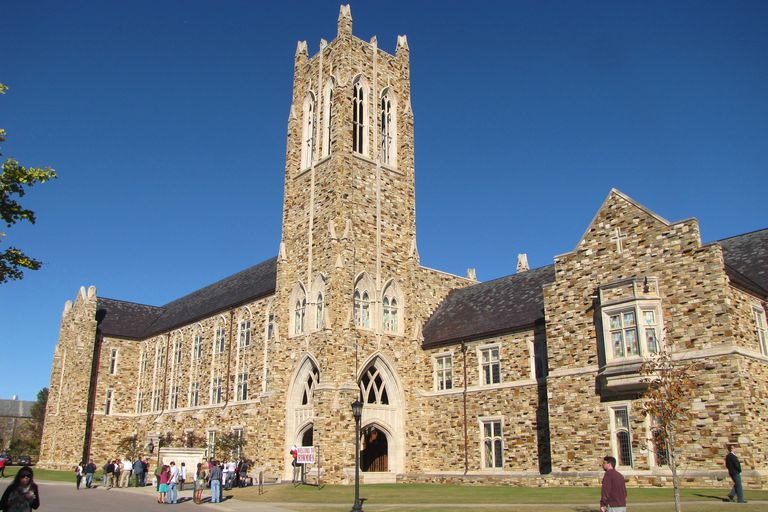
Rhodes University 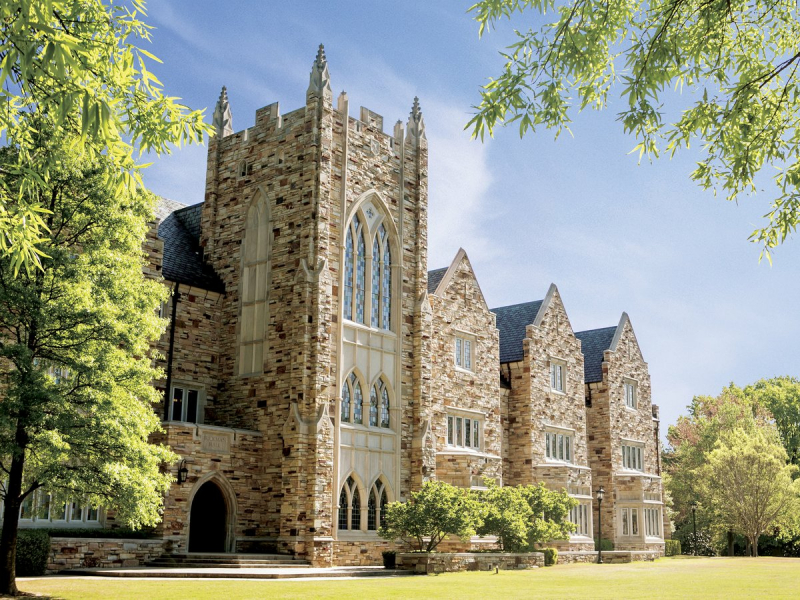
Rhodes University












